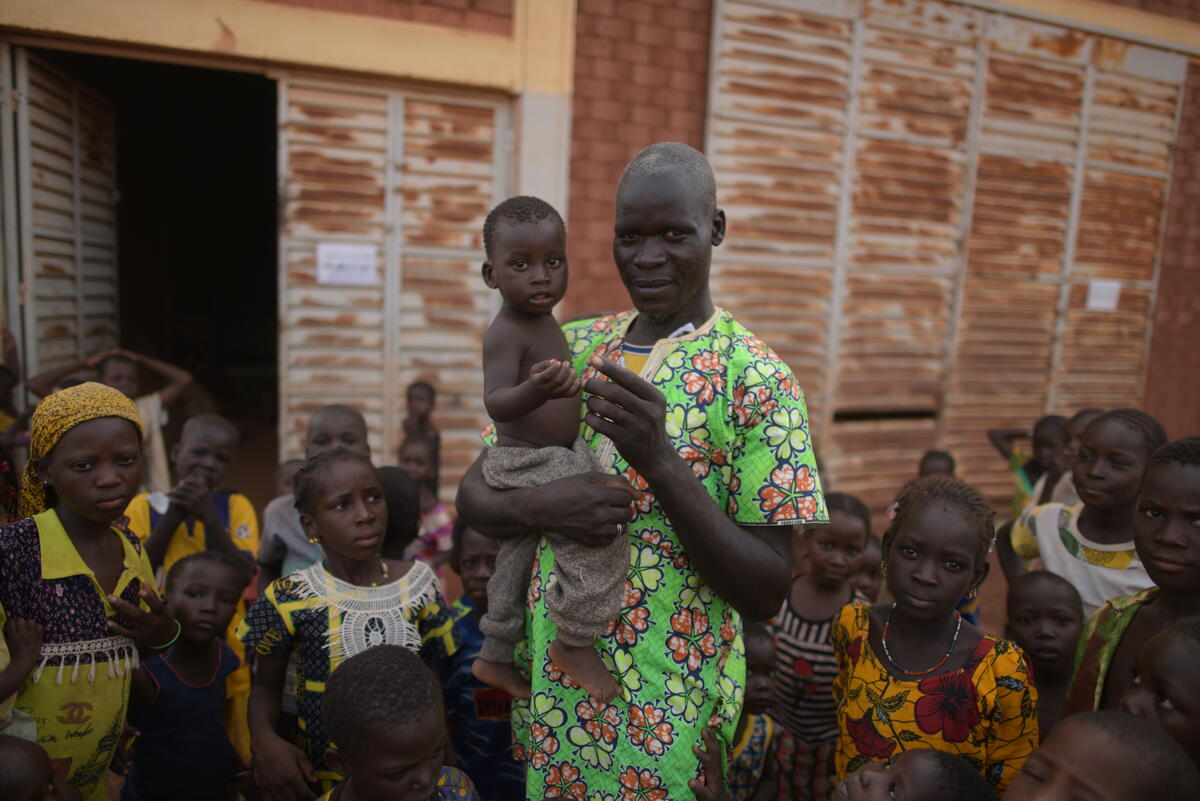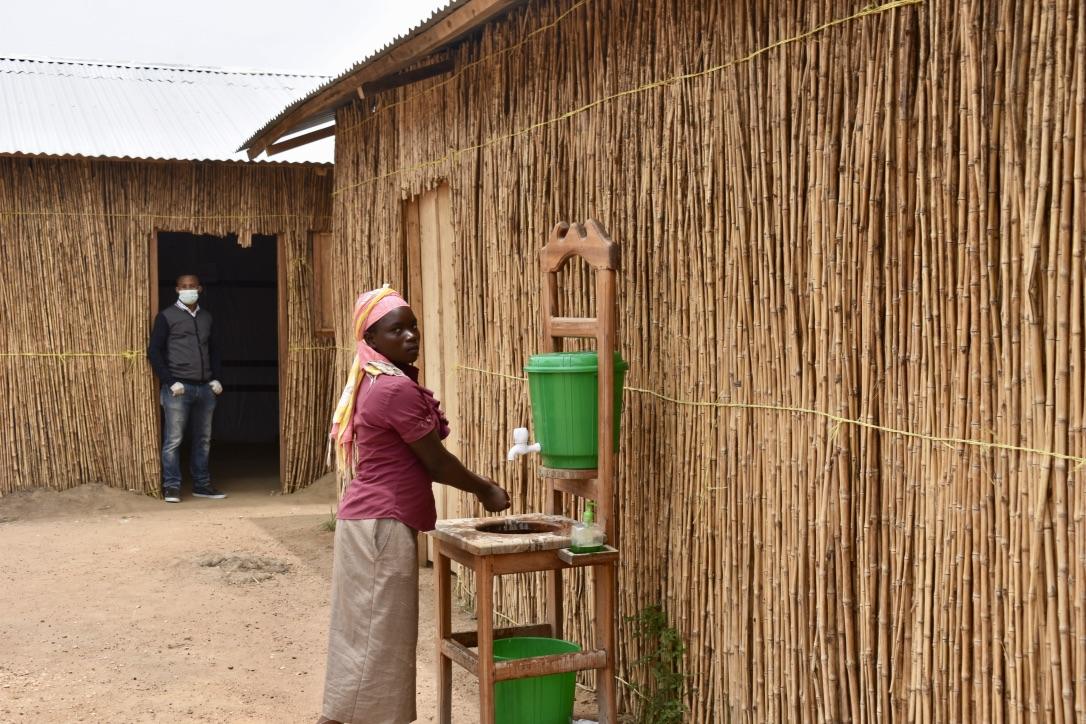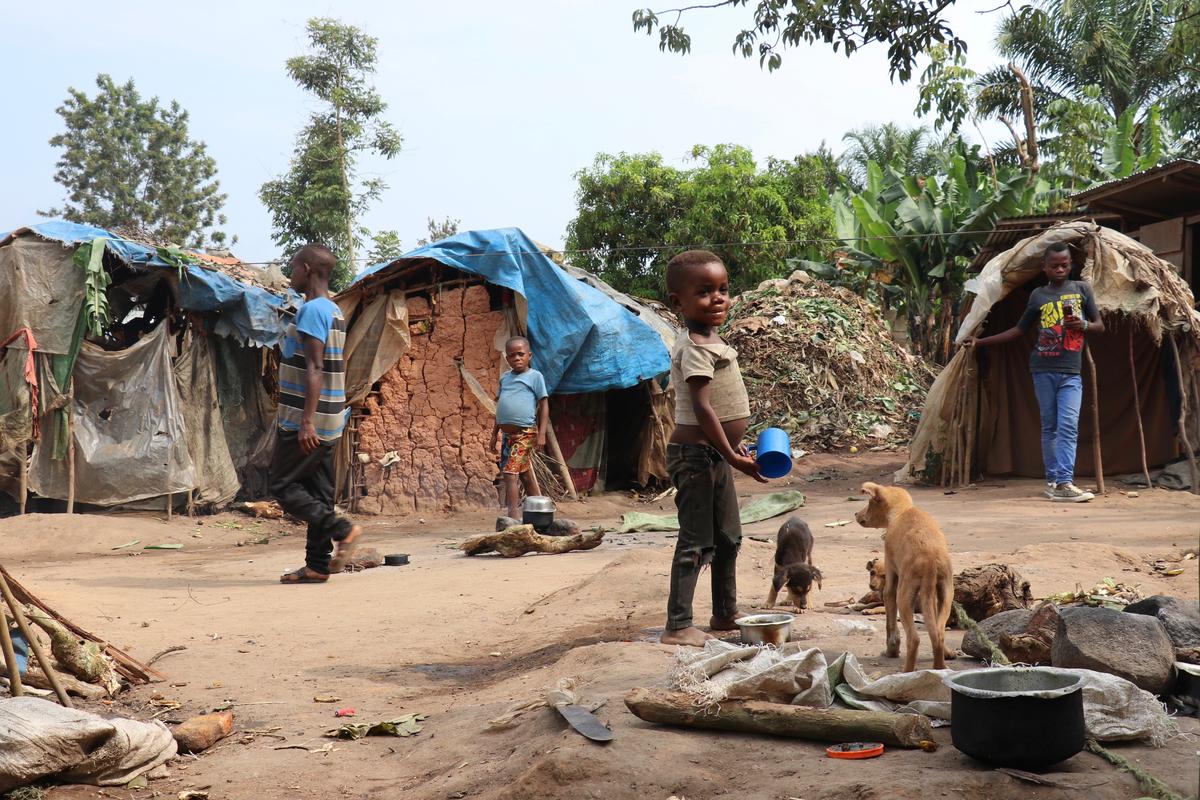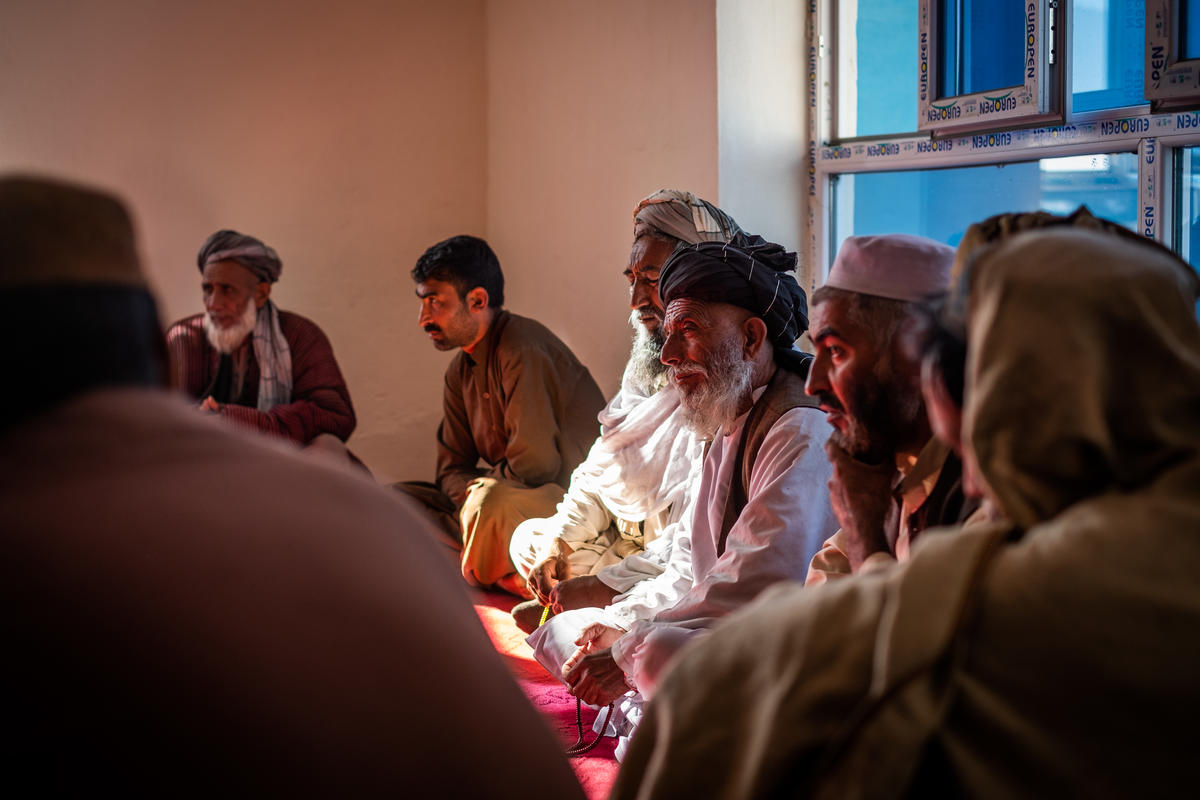Refugees Magazine Issue 139 ("How secure do you feel?") - Editorial: Tiptoeing to a safer future?
Refugees Magazine Issue 139 ("How secure do you feel?") - Editorial: Tiptoeing to a safer future?
Since the beginning of the new millennium, millions of uprooted people around the world and the aid officials who help them have faced continuing perils.
In Africa's Congo basin, nearly four million people have died in a war which has been misunderstood and largely ignored by the international community.
Anywhere between 100,000 and 400,000 persons have perished in the ongoing conflict in Sudan's Darfur region, despite anguished calls to halt the carnage.
The 9/11 terrorist attacks against the United States led to conflicts in Afghanistan and Iraq and the global war on terror. The fallout from these events made it increasingly difficult for genuine refugees to gain asylum and curtailed the so-called "humanitarian space" in which organizations such as UNHCR used to function.
The worst atrocity in the history of the United Nations occurred in 2003 when a truck bomb destroyed its headquarters in the Iraqi capital of Baghdad, killing 22 people and wounding 150 others.
Last year, more than 150 defenseless refugees were slaughtered in a camp in the central African state of Burundi in one of the worst single atrocities in recent years.
What can be done to at least alleviate such carnage?
There has been a growing awareness that light weapons - an estimated 640 million pistols, rifles, machine guns, etc., are in circulation - have been directly or indirectly responsible for much of the chaos.
A U.N. Firearms Protocol recently entered into force and an international conference on the issue will be held in New York in July.
The United Nations has established a new Department of Safety and Security to help protect 400,000 staff and dependents worldwide.
The U.N. refugee agency has also revamped its own security system, improving training and programmes to better protect both its own staff and the more than 17 million civilians that it cares for.
Far more needs to be done. UNHCR is currently implementing 80 new security recommendations for its operations. Life in many refugee camps remains perilous with rape and murder everyday hazards.
Firearms experts say that despite some modest progress it could take years before major breakthroughs are made on addressing the humanitarian rather than purely security aspects of that problem.
The fragility of the refugee experience is underlined by the situation in southern Sudan. Following a January peace accord to halt decades of war, hundreds of thousands of civilians have already returned to their homes in the region. Another 550,000 refugees and four million internally displaced persons are waiting to go back.
If that is the good news, the bad news is that the area is so strewn with unmapped land mines, unexploded ordnance and small calibre weapons that many people are still unsure about where their future lies.
Source: Refugees Magazine Issue 139: "How secure do you feel?" (July 2005).








